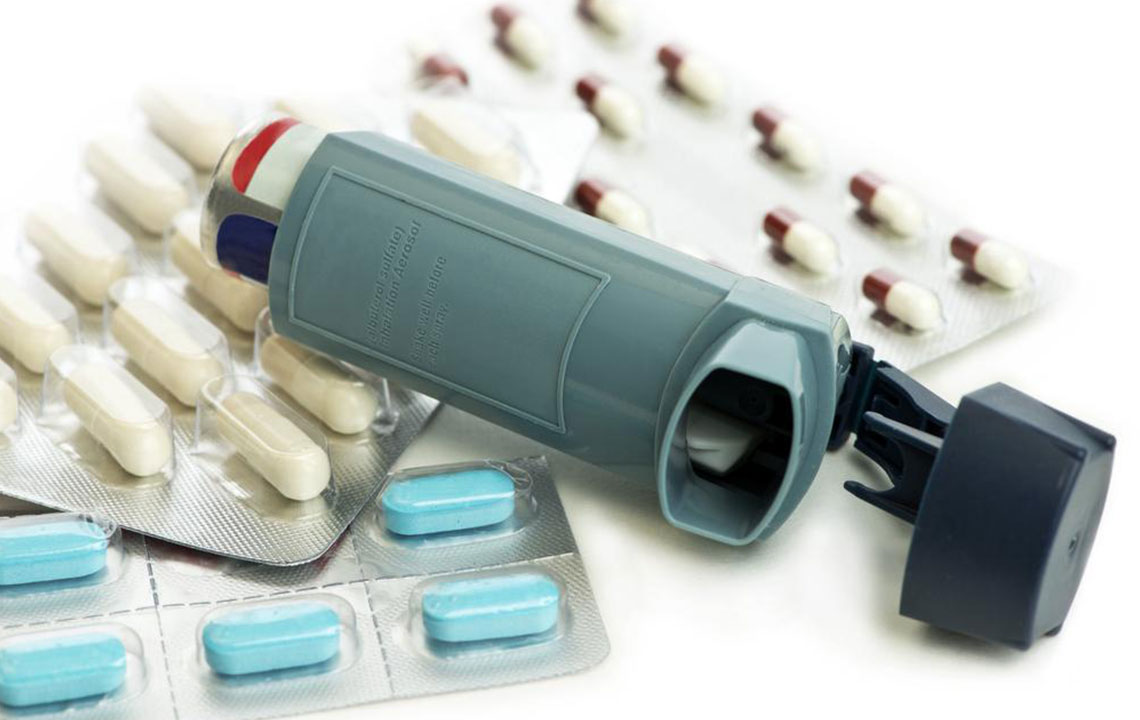Essential Insights into Managing Asthma with Medications
This article provides crucial information on asthma types, symptoms, and treatment options including inhalers, steroids, nebulizers, and immunotherapy. It emphasizes the importance of proper medication management and continuous monitoring for effective asthma control. While incurable, asthma can be effectively managed with these therapies, enhancing patients' quality of life through adherence and symptom tracking.

Essential Insights into Managing Asthma with Medications
Asthma is a chronic respiratory condition affecting millions globally, crossing age groups from children to adults. It involves inflammation of the airways and bronchial tubes, which can obstruct airflow, causing symptoms like chest tightness, coughing, shortness of breath, and disturbed sleep.
There are two primary types: allergic asthma, triggered by allergens, and non-allergic asthma, induced by factors like weather, illnesses, stress, or emotions. Genetics may also play a role in susceptibility. Though asthma cannot be cured permanently, proper medication helps manage symptoms effectively and improve quality of life.
Asthma management requires understanding its severity and symptoms, which often include difficulty breathing after exertion, chest tightness, wheezing, persistent cough, and sleep disturbances. Immediate medical attention is critical during attacks, and doctors recommend various treatments to reduce attack severity and frequency.
Since asthma is incurable, a consistent treatment plan involving multiple medication types is essential for relief and comfort. These include:
Inhalers - The most common asthma medication, inhalers deliver medicine quickly to the lungs. Physicians choose between metered dose inhalers (MDI) and dry powder inhalers (DPI), with some delivering single medications and others combining several drugs.
Anti-inflammatory drugs and steroids - These medications reduce mucus production and swelling, preventing attacks and alleviating severe symptoms for short and long-term relief.
Oral corticosteroids - Used when other treatments are ineffective, available as pills or liquids, primarily for long-term management.
Nebulizers - Devices that convert medications into vapors for easier inhalation, especially suitable for children and seniors for their convenience.
Beta-agonists - These relax airway muscles to ease breathing and provide quick relief, often combined with corticosteroids.
Immunotherapy - Allergy shots that help reduce sensitivity over time, suitable for allergic asthma sufferers, administered weekly over a few years.
Effective asthma control hinges on symptom tracking and medication adjustment as needed. Consistent adherence to prescribed treatments, even when symptoms improve, is vital for managing the condition effectively.










